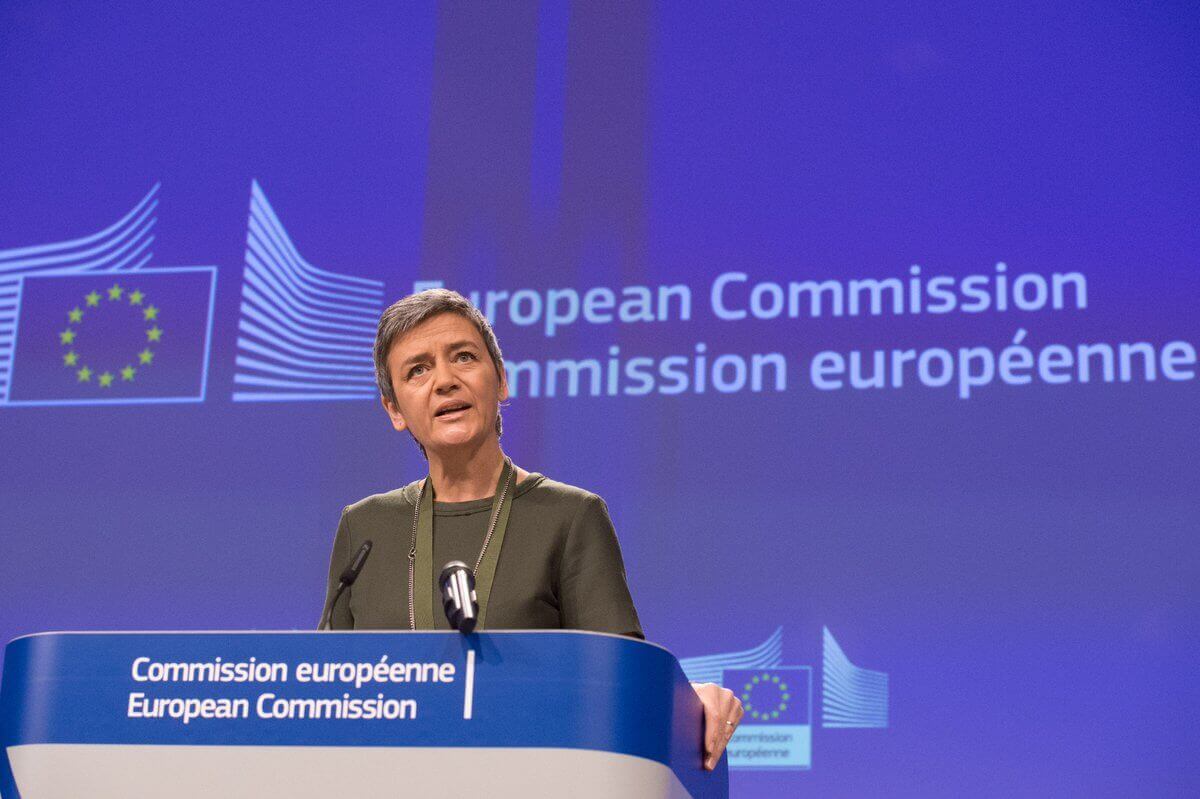In a nutshell: The European Commission is preparing its conclusions in the Amazon antitrust case, which could turn ugly for the retail giant, who faces a fine of up to ten percent of its 2019 global revenue for using third-party seller data to guide its own product strategies on the Amazon Marketplace.
The EU crusade against US big tech continues, with plans to file antitrust charges against Amazon for controversial business practices that have riled up third-party sellers who have struggled to compete with the retail giant on its online marketplace. This is the culmination of a two year-long antitrust probe that's been investigating how Amazon may have abused its online retail dominance to squash smaller rivals. A major concern has been Amazon's misuse of data collected from third-party sellers to compete against them on the Marketplace.
The person behind the effort is Margrethe Vestager, the famous European Commissioner who is now in charge of digital policy and antitrust enforcement. She's taken a keen interest in US tech giants and their penchant for using their dominant power in certain markets to capture new ones, as well as stopping potential rivals in their tracks through strategic acquisitions and tuning of search algorithms.

Several Amazon employees told the Wall Street Journal that the company had been using what should be proprietary seller data to aid in the design and pricing strategies for its own white-label products.
An official "statement of objections" could come as early as this month, although it's likely that a final decision on whether Amazon broke EU antitrust law is still a year out.
When that happens, Amazon could be fined for up to 10 percent of its annual global turnover, or approximately $28 billion. That could be the mirrored in the US, as lawmakers are asking the company for clarifications on its data policies and calling for a criminal antitrust probe since Amazon had previously stated it doesn't use third-party seller data to gain an unfair advantage.
Vestager is only getting started, with Google already fined $9 billion in three separate probes, and other companies like Facebook and Broadcom being closely investigated for anticompetitive behavior and data collection practices.
